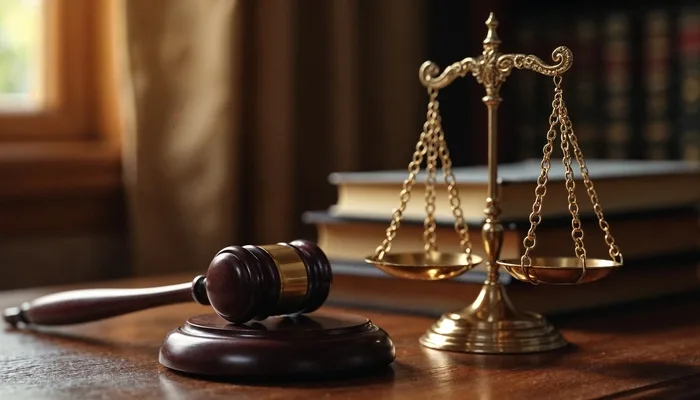The state plays a crucial role in maintaining law and order, ensuring justice, and protecting its citizens. A well-functioning state enforces laws to prevent chaos and safeguard the rights of individuals. Those who go against the state and break the law face consequences, ranging from fines and imprisonment to capital punishment, depending on the severity of the crime. Without strict law enforcement, injustice and anarchy can prevail, threatening the stability of society.
Why the Death Penalty is Important
The death penalty has been a subject of debate worldwide. However, in many countries, it remains a necessary deterrent against heinous crimes. Crimes such as murder, terrorism, espionage, and blasphemy in certain legal frameworks are considered serious enough to warrant capital punishment.
Deterrence Against Severe Crimes
When criminals know they may face execution, they are less likely to commit serious offenses. This acts as a warning to potential offenders.
Justice for Victims
The death penalty serves as a form of retribution, ensuring justice for victims and their families who suffer due to the actions of criminals.
Prevention of Repeat Offenses
Some criminals, especially terrorists and serial offenders, pose an ongoing threat to society. The death penalty ensures they cannot reoffend.
In the United States, the execution of Timothy McVeigh, responsible for the Oklahoma City bombing, showcased the U.S. government’s stance on terrorism. The United Kingdom, before abolishing the death penalty, executed infamous serial killer John Christie, highlighting the role of capital punishment in ensuring justice. Canada, although it abolished the death penalty in 1976, had cases like the execution of Arthur Lucas in 1962 for murder, which remains a notable example of how it was once used to deter violent crime.
The Origin of Blasphemy Laws in Pakistan (Sections 295 A, B, and C)
Blasphemy laws in Pakistan have a long history. The British colonial rulers first introduced laws related to religious sentiments in 1860 under the Indian Penal Code to prevent religious violence. Over time, these laws evolved, especially after Pakistan gained independence.
Section 295-A (Deliberate and Malicious Acts Intended to Outrage Religious Feelings)
This section was added in 1927 in response to growing religious tensions. It criminalizes deliberate and malicious actions intended to insult any religion. Violators can face up to ten years in prison, along with fines.
Section 295-B (Defiling the Holy Quran)
This section was introduced in 1982 and makes desecration or disrespect of the Holy Quran a criminal offense. Those found guilty can face life imprisonment.
Section 295-C (Blasphemy Against Prophet Muhammad (PBUH))
In 1986, this section was added to criminalize blasphemous remarks against the Prophet Muhammad (PBUH). It carries the death penalty or life imprisonment.
Read: Pakistan Faces Extreme Heat as PMD Predicts Temperature Rise
Why These Laws Are Important
Blasphemy laws in Pakistan are considered essential by many to protect religious sentiments and prevent unrest. Without these laws, social disorder and violence could escalate. However, critics argue that these laws are sometimes misused for personal vendettas and need reforms to prevent wrongful accusations.
United States
The U.S. enforces strict penalties for crimes like terrorism and murder, with some states still practicing the death penalty. However, hate speech is largely protected under the First Amendment, though incitement to violence is punishable under various state laws. Cases like the Boston Marathon bomber Dzhokhar Tsarnaev highlight the continued use of capital punishment for severe crimes.
Conclusion
The state’s responsibility is to enforce laws to maintain peace, justice, and stability. Strict punishments, including the death penalty, act as deterrents against severe crimes. Similarly, laws like Sections 295-A, B, and C protect religious harmony in Pakistan. Other countries, like the U.K., U.S., and Canada, also have mechanisms to protect religious sentiments and punish heinous crimes. However, proper implementation and safeguards are necessary to prevent misuse and ensure justice prevails. Upholding these laws ensures that society functions in a just and orderly manner.
Follow us on Google News, Instagram, YouTube, Facebook,Whats App, and TikTok for latest updates
